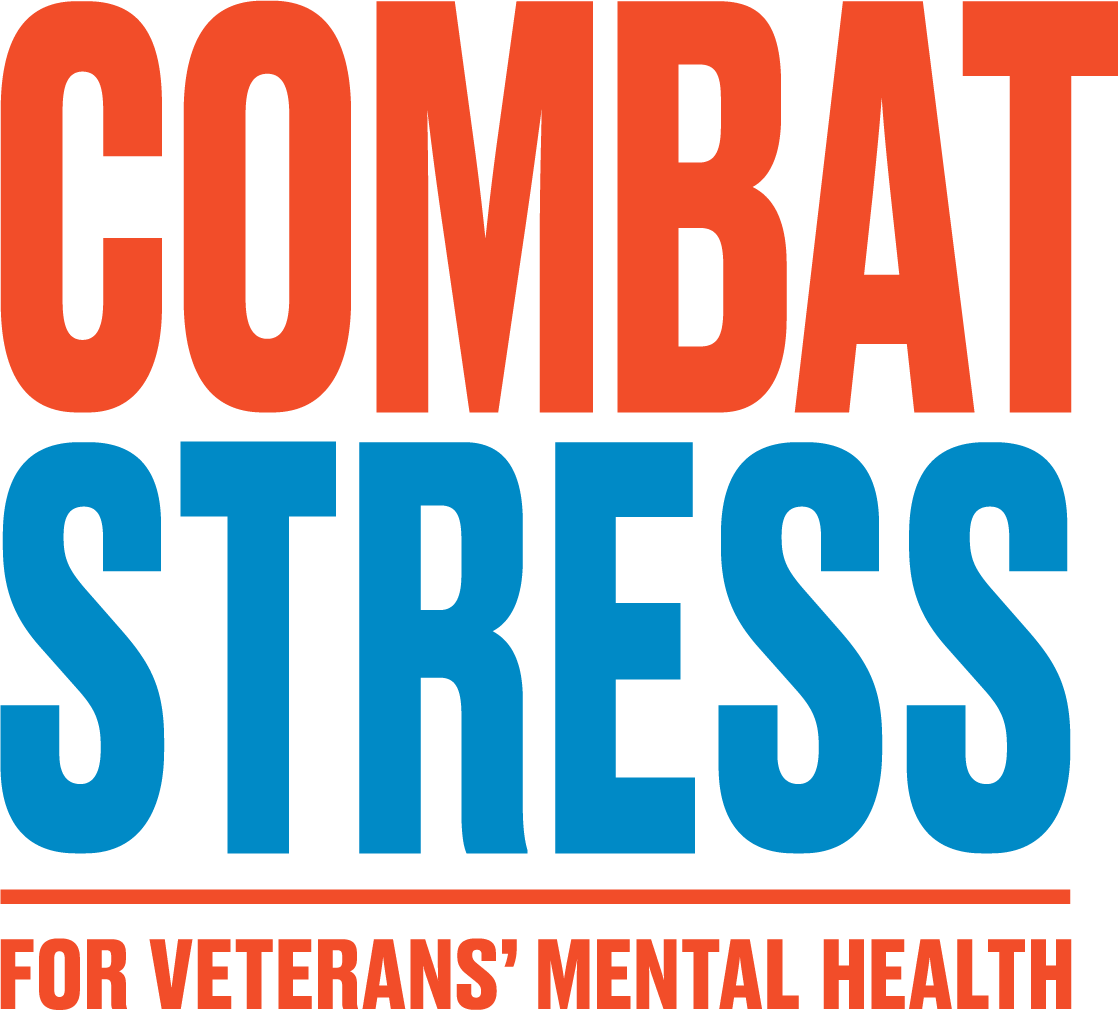Today we open the Veterans’ Intensive Mental Health Service (VIMHS), focusing on veterans with the most complex mental health needs – those who have several severe mental health conditions that often hugely impact their lives.
Last year we began a review of our services to ensure we continue to deliver the best treatment and support to veterans across the UK in need of our expertise. Following a significant reduction in income at the beginning of the year, we made the very difficult decision to scale back our services and workforce to ensure we could continue supporting veterans now and in the future.
We are committed to providing accessible, modern and evidence-based treatment, and are gradually taking on new referrals again across the UK. We are continuing to deliver the best possible treatment to veterans in need of our expertise as we position ourselves to support the NHS, which is moving to better serve veterans and their families within mainstream mental health services.
In addition to complementing NHS mental health services for veterans, we are now working in partnership with NHS England to provide the High Intensity Service (HIS) and Complex Treatment Service (CTS) in the north of England.
How our new service works
The first step on a veteran’s journey through the VIMHS is to call our free 24-hour Helpline (0800 138 1619). For those most in need of our specialist treatment, we will match veterans with the most appropriate treatment as quickly as possible. For others, our experienced team can put them in touch with alternative mental health services and/or military organisations that are better placed to meet their needs.
After assessment we work with the veteran to plan their treatment to best suit their needs. There are four areas of treatment available and each treatment plan is unique to the veteran and their own needs.
A veteran’s treatment may comprise of one or more of the following areas:
- Building resilience: this treatment is about giving veterans a toolbox to cope better and improve the quality of their life.
- Managing the consequences of your trauma on you and your relationships: this is about offering help for some of the particular difficulties that come with complex mental health problems (for example low self-esteem, strengthening relationships, managing emotions).
- Trauma focused treatment: this is offered when a veteran has enough skills to manage trauma focused treatment.
- Looking to the future: this helps veterans feel connected to the wider world and helps them find practical ways to build resilience.
We are also piloting:
- Veteran Buddy: Buddy programme for those veterans who would like support through the assessment process and treatments. In this pilot, buddies guide a veteran through our services, providing ongoing support as needed and helping to boost engagement and motivation.
- Family support services work with veterans and their families to increase their skills, confidence and abilities to live safely. Support can be emotional and practical, provided individually and in groups face-to-face or online / by phone.
Our new VIMHS will be delivered out of our five treatment hubs (Scotland, Northern Ireland, and three in England – Tyrwhitt House, central and north). However, due to the current COVID-19 restrictions, we are providing specialist treatment over the phone and online. We have also offered veterans access to our peer support services online.
We are recruiting key clinical personnel and re-growing our capacity for treatment, but with our current funding we will not be able to treat as many veterans as we have in the past. Veterans rely on us and we rely on our supporters. We are incredibly grateful to all our supporters, especially the Great British public, on whom we are still 75% reliant for funding.
We will soon launch our digital treatment and support platform, which aims to ensure more veterans with complex mental health problems can access our crucial support. This will include self-help psychoeducation materials aimed at keeping veterans in good mental and physical shape and intensive psychological rehabilitation programmes delivered remotely, such as live group-based webinars and workshops and 1:1 assessments and treatment.
Comprehensive self-help resources for all veterans were published on our website at the start of the COVID-19 lockdown: https://www.combatstress.org.uk/mental-health-support-during-covid-19.

















